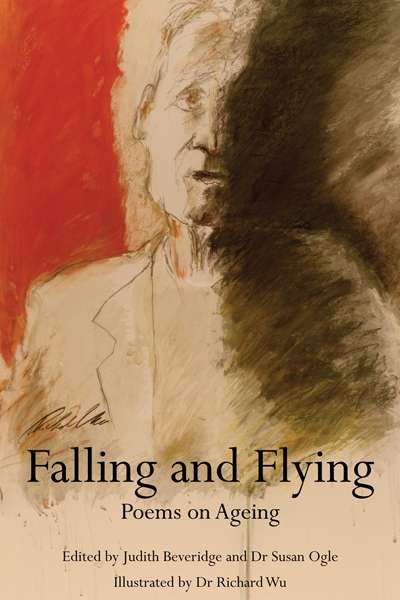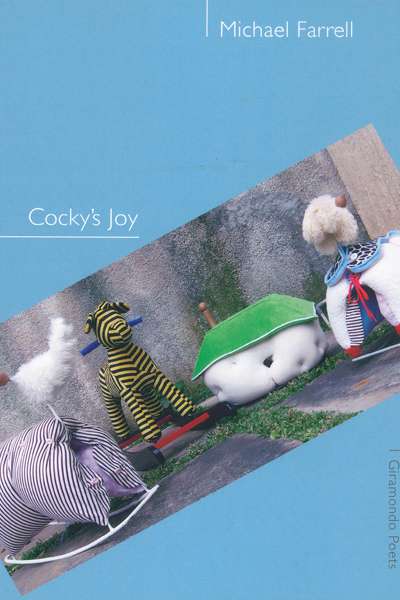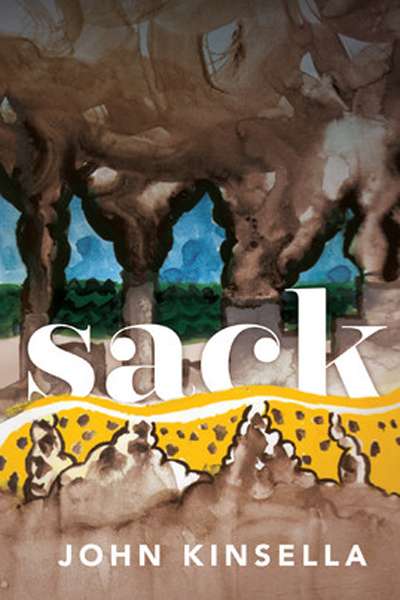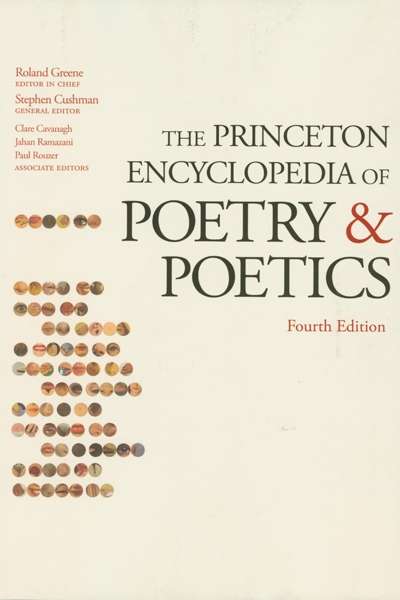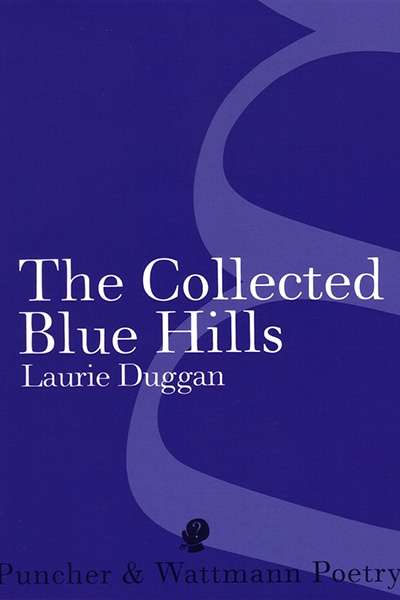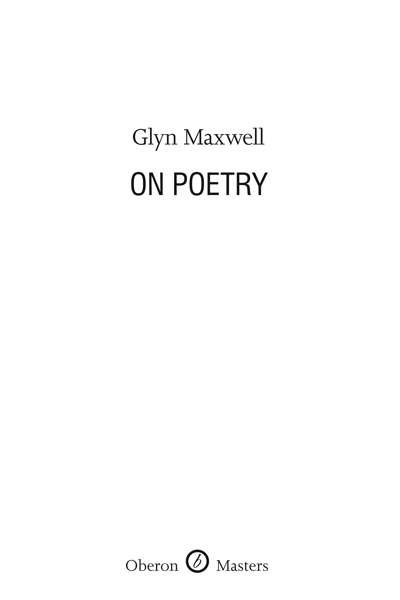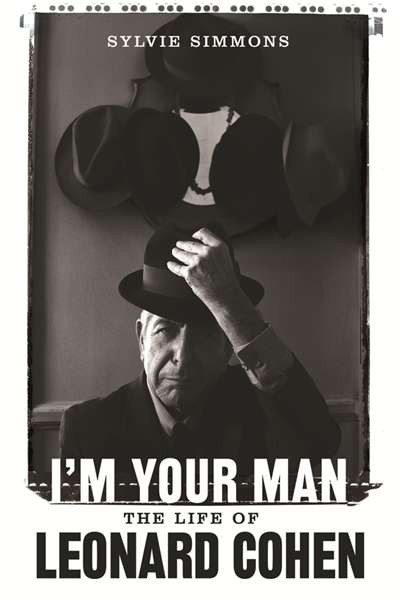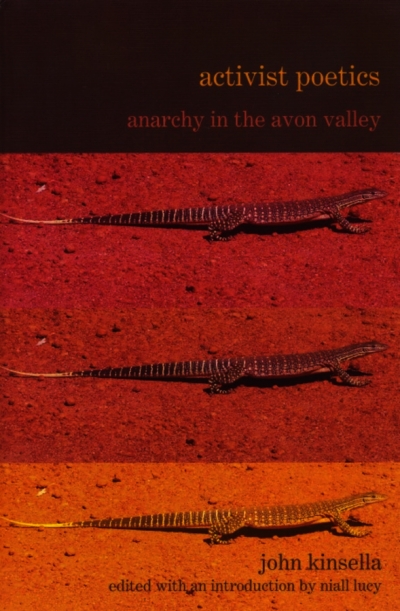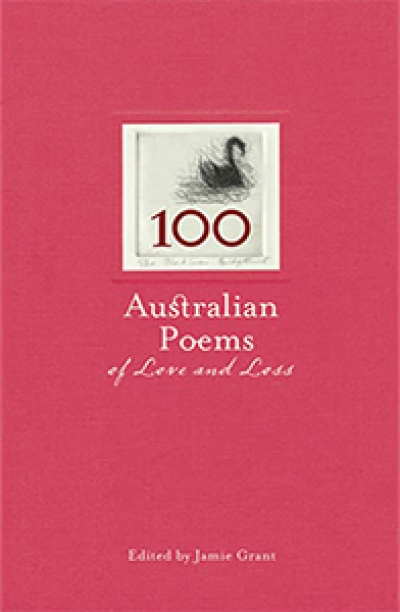David McCooey
David McCooey is a prize-winning poet and critic. His latest collection of poems is Star Struck, published by UWA Publishing (2016). Outside (2011), was shortlisted for the Queensland Literary Awards and was a finalist for the 2012 Melbourne Prize for Literature's 'Best Writing Award'. His first collection, Blister Pack (2005), won the Mary Gilmore Award and was shortlisted for four major national literary awards. McCooey is the deputy general editor of the prize-winning Macquarie PEN Anthology of Australian Literature (2009). His album of 'poetry soundtracks', Outside Broadcast, was released in 2013 as a digital download. He is a professor of literature and writing at Deakin University in Geelong, where he lives. His website is: www.davidmccooey.com


